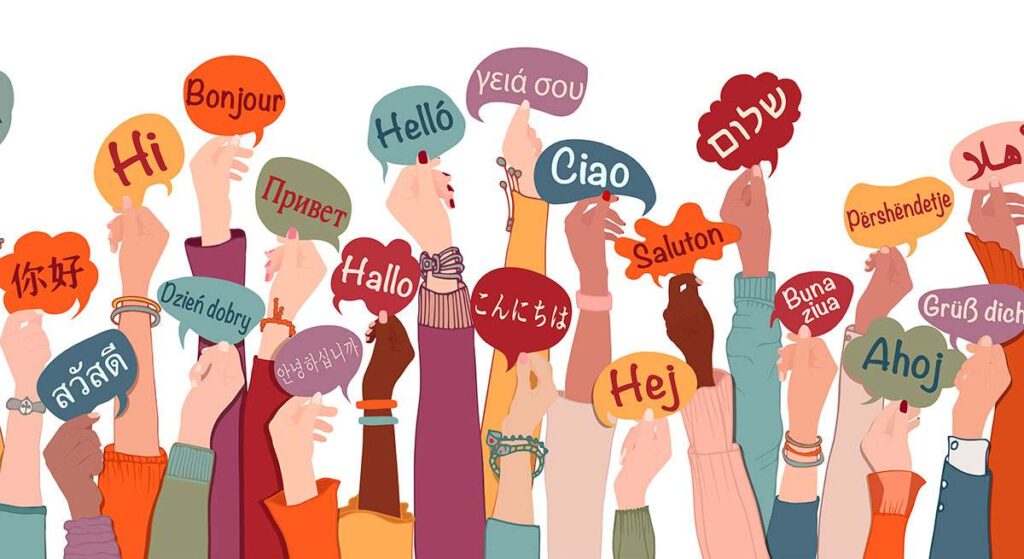In today’s globalized world, you frequently need to present documents in a different language. Whether you’re moving, studying, working abroad, or dealing with legal matters, translations have become part of everyday life. However, not all translations are accepted by official bodies. In many situations, you must provide a sworn translation-a version prepared by a translator with government-approved credentials. For this reason, this article explains when you need a sworn translation, what it is, and who can provide it.
What Is a Sworn Translation?
A sworn translation is an official document translated by a certified translator authorized by the government. Importantly, this translator confirms the translation matches the original by adding a stamp, signature, and certification formula. Unlike standard translations, sworn versions carry legal validity. For this reason, courts, embassies, universities, and public offices accept them as official. In fact, they treat these documents as legally equivalent to the originals.

How Does It Differ from a Regular Translation?
The biggest difference lies in the translator’s responsibility and the document’s purpose. While regular translations are typically used for informal communication or internal company use, they don’t carry legal weight. On the other hand, sworn translators take legal responsibility for their work. If they make a mistake, they can face civil or even criminal consequences. That’s why only certified professionals may perform these translations.
When Do You Need a Sworn Translation?
Generally speaking, you need a sworn translation whenever you submit documents to an official institution. These documents must be legally valid in another country or language. Let’s explore the most common cases.
1. Administrative and Government Procedures
In many cases, you will need a sworn translation when submitting documents to civil registry offices, embassies, or other government agencies. These documents include:
- Birth, marriage, or death certificates
- Residency proof or administrative decisions
- Citizenship and criminal record documents
2. Court and Legal Matters
Legal procedures require high accuracy. Therefore, sworn translations are essential in many cases. Courts usually demand sworn translations of:
- Court rulings and legal motions
- Powers of attorney and contracts
- Wills and notarial deeds
3. Education and Recognition of Qualifications
If you are a student or professional applying abroad, you must provide certified versions of:
- Diplomas and academic transcripts
- Language certificates and recommendation letters
- Degree supplements and enrollment confirmations
4. Employment and Work Abroad
Foreign employers or authorities frequently request proof of qualifications. In these cases, you may need sworn translations of:
- Job references or employment certificates
- Work permits and licenses
- Medical clearance certificates
5. Medical Documents
For medical treatment abroad or insurance claims, you may need sworn versions of:
- Hospital discharge reports
- Specialist opinions and test results
- Medical certificates
Why Is a Sworn Translation So Important?
Sworn translations give your documents legal power. The certified translator guarantees that the translation is complete and accurate. As a result, public institutions rely on this guarantee.
In addition, sworn translators must follow strict confidentiality rules. When handling sensitive documents-such as financial, medical, or legal papers-this protection is crucial.
What Does the Sworn Translation Process Look Like?
The process of getting a sworn translation includes several steps. Here’s how it usually works:
- First, you send the document to the translator-either in person, by email, or by post.
- Next, the translator checks that it’s clear and complete.
- Then, you receive a quote and deadline for completion.
- After that, the translator completes the work, preserving the structure, stamps, and layout.
- Subsequently, they add their stamp and signature, certifying the translation.
- Finally, you receive the final version-either on paper or as a digital file with an electronic signature.
How to Find a Good Sworn Translator
Choosing the right professional is essential. To make a smart decision, consider the following:
- Are they listed in the official registry of sworn translators?
- Do they have experience with your type of document?
- What do previous clients say about them?
- Do they respond promptly and meet deadlines?
- Can they deliver digital versions with certified e-signatures?
Do All Documents Need a Sworn Translation?
No, not every situation requires one. In fact, many scenarios allow for regular translations-for example, internal memos, product manuals, or general communication. However, if your document will be used in court, submitted to a government agency, or included in an official application, a sworn translation is usually necessary. If you’re unsure, always ask the receiving institution or consult a sworn translator.
Conclusion
Sworn translations are vital in many official situations. They provide accuracy, legal recognition, and confidentiality. Whether you’re applying for citizenship, going to university abroad, or working in a new country, using a sworn translator ensures that your documents meet legal standards. Although the process may involve extra time and cost, it helps you avoid serious problems. Ultimately, it’s an investment in trust, compliance, and peace of mind. By choosing a qualified sworn translator, you can be confident that your documents will be accepted and understood-anywhere in the world.



